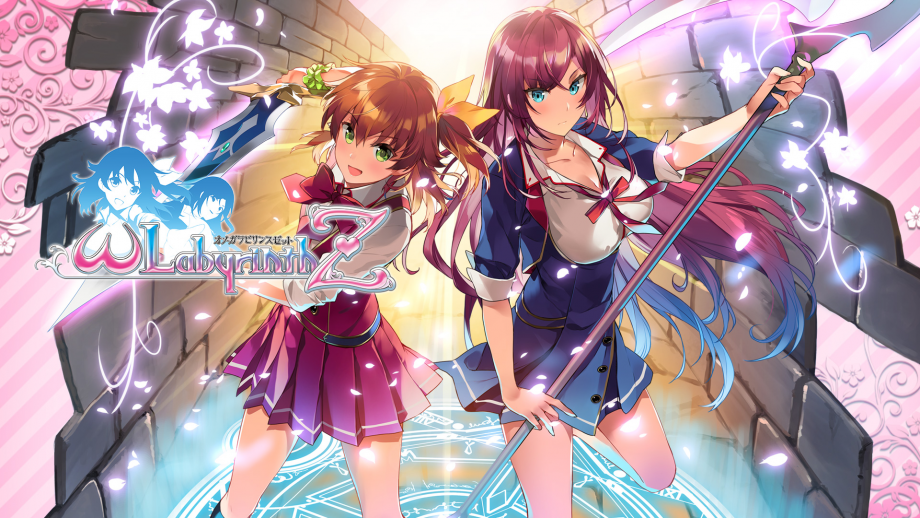PlayStation steps in to ban controversial anime schoolgirl RPG

Omega Labyrinth Z, an anime dungeon crawler centered around mature themes, has been blocked from release in Europe and North America.
Previously refused classification in Australia due to its “gratuitous, exploitative or offensive depictions” of sexual activity featuring characters that appear to be under 18 years of age, Sony has now brought the anime banhammer down across all western territories (although here the title was okayed by classification boards).
Labyrinth Z was originally planned for release on PS4 and PS Vita. Players would take control of a protagonist who attends school alongside several female students, all of which are sexualised across the game’s many dungeons and minigames.
In the UK, PEGI had already issued Omega Labyrinth Z with a PEGI 18 rating for sexual content, although the VSC later stepped into to prevent a UK boxed release in March 2018, refusing to grant classification. PEGI is the European-wide classification system, while the VSC is in charge of implementing the ratings in the UK specifically.
This means that in the UK the VSC’s verdict overrides that of PEGI.
Related: Upcoming PS4 Games
The VSC took issue with a number of scenes that involved the protagonist sexually stimulating female characters by undressing them in various minigames. Even in its trailers (probably NSFW) Omega Labyrinth Z is pretty upfront about its more sordid aspects.
“The player touches certain points on a female character’s body to arouse them,” the VSC explains. “A successful action will activate a ‘shame break’ where parts of their clothing come off revealing more of their bodies.”
“The player places honey on the girls’ bodies,” the VSC continues. “A fantastical dog-like creature then proceeds to lick the honey off their bodies which causes them to become aroused. Like the previous mini-game, when they reach a certain level of arousal parts of their clothing fall off or vanish. As the dog licks at the honey, the girls respond with sexualised language.”
VSC notes that the activity being discussed above wasn’t the primary cause for concern, it’s the age of the characters involved, all of which aren’t disclosed. However, given the school setting, they’re possibly intended to be underage.
“The game is explicit in its setting within a ‘school’ environment and the majority of the characters are young girls – one child is referred to as being a ‘first-year’ student and is seen holding a teddy bear.”
“The game clearly promotes the sexualisation of children via the sexual interaction between the game player and the female characters. The style of the game is such that it will attract an audience below the age of 18.”
Related: Best Xbox One Games
PEGI’s own release classification for Omega Labyrinth Z is still firmly in place. However, PQube, the game’s publisher for North America and Europe, confirmed it will not be releasing the title in any capacity.
Please see below the statement on the situation of #OmegaLabyrinthZ in the West. It is with sadness that we announce that the game is cancelled on both platforms and all Western regions permanently. We will not comment further on this matter. Thank you for your support. pic.twitter.com/ePmmiWSTAY
— PQube (@PQubeGames) June 25, 2018
In the statement above, PQube states that it must “respectfully comply” with platform holders, and thus came to a decision to cancel Omega Labyrinth Z for PS4 and PS Vita.
This is certainly a rare move by Sony to directly intervene in a title’s release, especially when it’s already been regulated by all the relevant bodies. Given the subject matter, perhaps such a move was warranted?
In the past, only a handful of games have been banned in the UK. Infamous examples included Carmageddon and RapeLay, the former of which was edited to gain classification prior to an eventual release.
What do you think? Do you think Sony went too far cancelling Omega Labyrinth Z? Let us know on Facebook and Twitter @trustedreviews.


